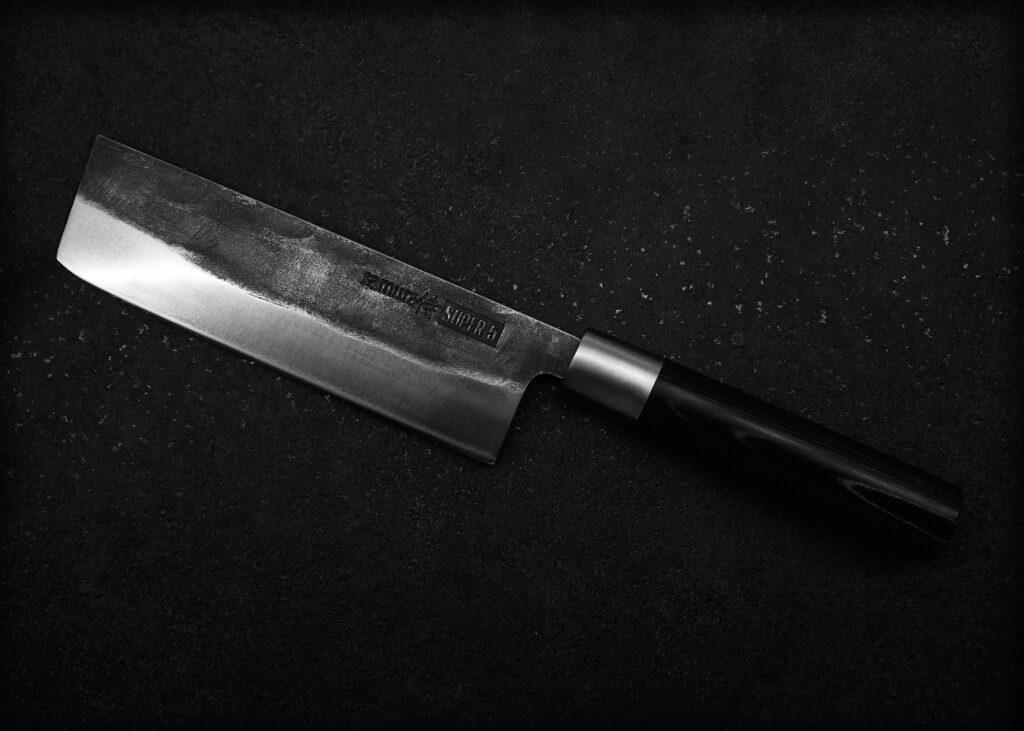Why Low-Code (Mendix) isn’t a Japanese knife, and that’s a good thing
I absolutely love analogies, especially when simply explaining complex topics. One that resonates with me is comparing low-code platforms like Mendix to everyday tools.
As many of you know, I’m passionate about cooking and learning. Last weekend, while listening to the Paradigm Shift podcast by Scott Perkins and John Higginbotham(Episode: ‘What makes a good software developer’) they shared a brilliant analogy about knives and low code. (I highly recommend the podcast if you’re as much of a low-code enthusiast as I am!). During the podcast, they discussed whether you really need the best and compared it to cooking knives.
In this blog
Do you always need the best of the best?
The allure of the Japanese Knife
In cooking, people often obsess over owning the “best” knife.
I’ll admit — I love my Japanese chef’s knife:
🔪 Razor-sharp
🔪 Precision-crafted
🔪 Perfect for specialised tasks
But here’s the thing: while that sounds appealing, it’s not always practical.

The Problem with the “Japanese Knife” Approach
Japanese knives are designed for very specific purposes:
- A Santoku for vegetables
- A Yanagiba for sushi
- A Deba for fish
They are amazing in the hands of an expert. But they:
- Require specialised skills
- Expensive to buy + are limited to certain cuts
- Demand constant maintenance
- Can be fragile outside of their intended use
Sounds familiar?
This mirrors traditional high-code software development:
- Specialised developers needed
- Custom-built for every project
- Expensive and time-consuming to maintain
- Quickly outdated in fast-changing business environments
While perfect for one-off, highly customised solutions, this approach doesn’t scale for everyday business needs.
Low-Code is More Like a German Steel Knife
In contrast, I see Mendix low-code as a German steel kitchen knife:
🔧 Solid
🔧 Versatile
🔧 Reliable
🔧 Easy to maintain
It may not have the delicate precision of a Japanese blade, but:
- It handles 95% of tasks exceptionally well
- You don’t need a “master chef” (or senior developer) for every job
- It’s robust and forgiving, ideal for a busy kitchen or business
- You can get started quickly and stay productive
For businesses, this translates to:
- Faster time-to-market
- Lower development and maintenance costs
- Easier adoption across teams
- Flexibility to adapt as business needs evolve
It handles 95% of tasks exceptionally well
AI and Low-Code: a recipe for acceleration
With the rise of AI-assisted development, platforms like Mendix are becoming even more powerful.
AI helps assemble and optimise these “German knife” solutions:
- Faster
- Smarter
- More efficiently
You don’t need a full team of knife specialists. You need the right tool that gets the job done, reliably, at scale, and without over-complicating things.
The honest truth
Not every business needs a hand-crafted, custom-forged Japanese blade.
Yes, I know, maybe that’s not what you wanted to hear.
I also love my Japanese knife. But let’s be realistic:
Most businesses need a reliable, high-quality German steel knife that can handle a wide range of tasks without fuss.
That’s where Mendix low-code truly shines.
What Are Your Thoughts?
I’d love to hear your perspective.
➡️ Is your organisation still trying to “sharpen” its high-code Japanese knives?
➡️ Or are you seeing the value of a good German steel blade for your day-to-day digital needs?
More about low-code

Recap of the Gartner IT Symposium
Discover the top 10 insights from the Gartner IT Symposium, including AI growth, IT strategy, and the importance of adaptability. Learn how to navigate the evolving digital landscape.

What is no-, low- and highcode?
Explore the differences between no-code, low-code, and high-code development. Find out which coding approach suits your business needs and scenarios. Read more!


